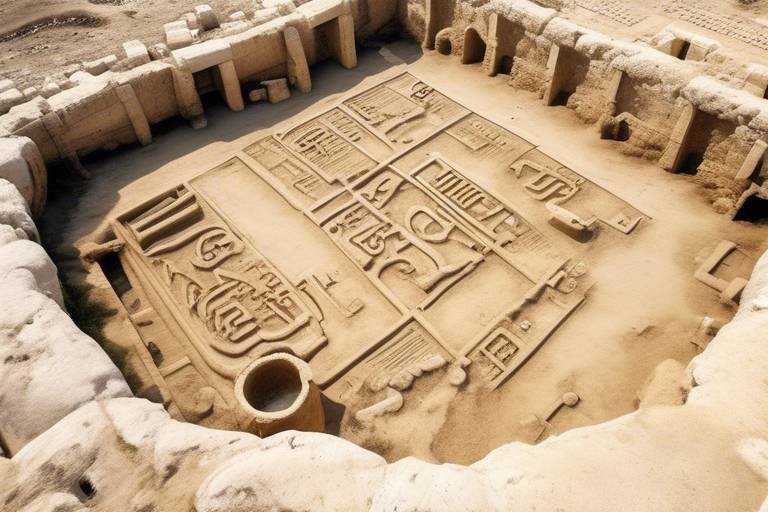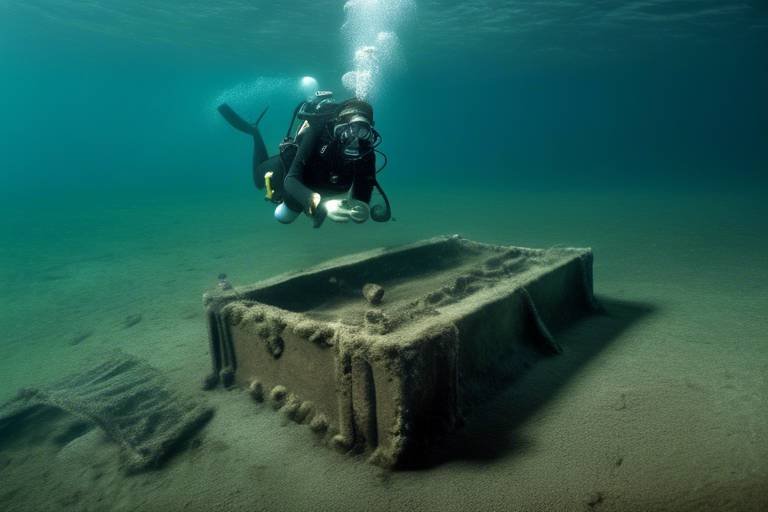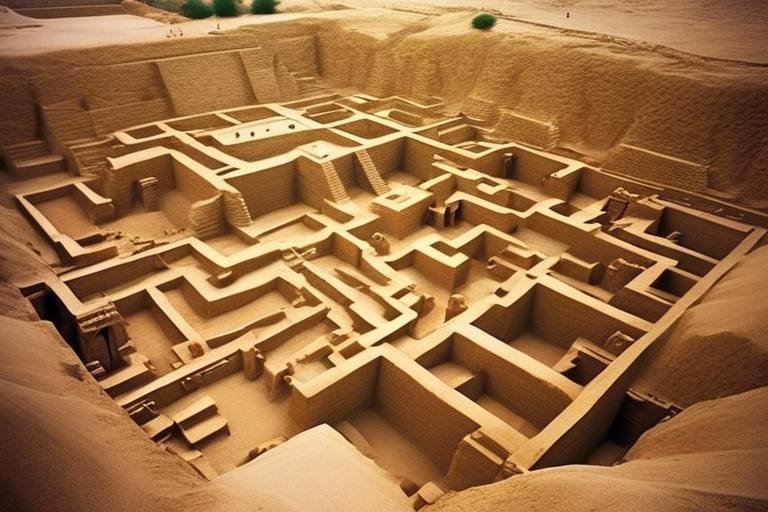Engaging with Communities in Contemporary Archaeological Work
Engaging with communities in contemporary archaeological work is a dynamic and essential aspect of conducting meaningful research. By involving community members in the archaeological process, we not only enrich our understanding of the past but also foster a collaborative environment that benefits both researchers and local stakeholders. This engagement goes beyond traditional academic boundaries, creating a space for shared knowledge production and inclusive narratives that reflect the diverse perspectives of those involved.
Through various methods of engagement, such as public outreach events, participatory research projects, and collaborative decision-making processes, archaeologists can bridge the gap between academia and the community. These methods aim to empower community members, promote cultural heritage preservation, and ensure that archaeological research is relevant and accessible to all. By utilizing digital platforms, researchers can also reach a wider audience and engage with communities on a global scale.
Collaborating with communities in archaeology brings a host of benefits, including shared knowledge production, increased research relevance, and enhanced site protection. By working together, researchers and community members can create more holistic narratives that reflect the complexity of the past and address contemporary issues. This collaboration also empowers marginalized groups, giving them a voice in shaping the narratives that define their heritage.
However, challenges in community engagement in archaeology exist, such as power imbalances, conflicting interests, and limited resources. It is crucial to address these challenges ethically and responsibly to ensure that collaboration is mutually beneficial and respectful. By navigating these obstacles, researchers can build trust with communities and create sustainable partnerships that enrich the archaeological process.
Ethical considerations play a significant role in community engagement, encompassing issues of consent, confidentiality, and the fair distribution of benefits. Respecting the rights and perspectives of community members is essential for conducting research that is ethical and inclusive. By adhering to ethical guidelines, researchers can ensure that their work is conducted with integrity and respect for all involved.
Examining case studies of successful community engagement projects in archaeology provides valuable insights into best practices and lessons learned. These examples demonstrate the transformative impact of collaborative approaches and highlight the importance of building strong relationships with communities. By learning from these experiences, researchers can improve their engagement practices and create more meaningful partnerships.
Future trends in community engagement in archaeology point towards increased emphasis on decolonization, digital technologies, and participatory research methodologies. These trends reflect a growing recognition of the importance of integrating community perspectives into academic discourse and shaping the future of archaeological practice. By embracing these trends, researchers can create more inclusive and impactful research outcomes that benefit both academia and local communities.
Community engagement in archaeology has a profound impact on research outcomes, enriching data interpretation, expanding research questions, and promoting heritage conservation. By involving communities in the research process, researchers can create more relevant and impactful studies that reflect the diverse perspectives of those involved. This collaborative approach enhances the quality and depth of archaeological research, leading to more comprehensive and inclusive outcomes.
To enhance community engagement in archaeological work, it is essential to build trust with communities, prioritize local knowledge, and foster reciprocal relationships. Providing training opportunities and incorporating community feedback into research design are also key recommendations for effective engagement. By implementing these practices, researchers can create more meaningful and sustainable partnerships that benefit both researchers and local stakeholders.
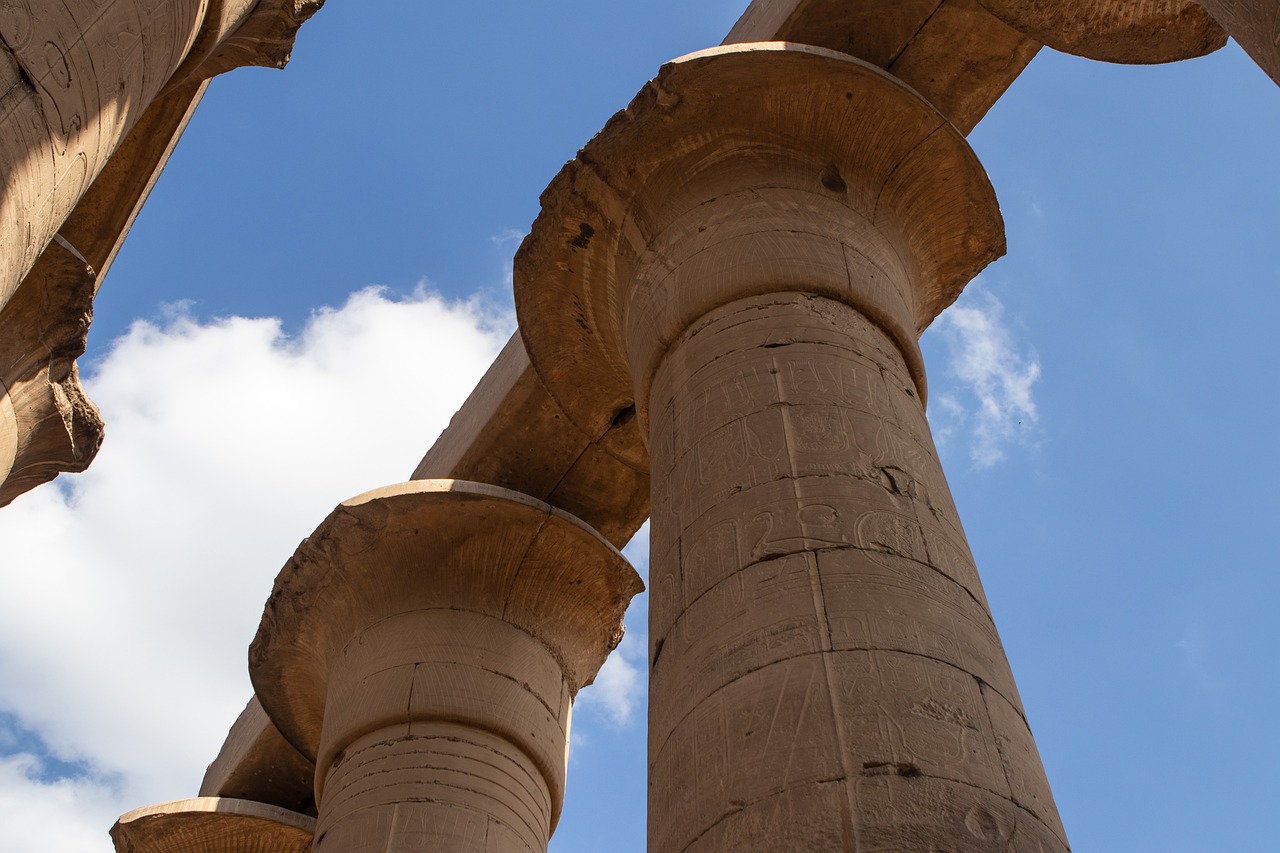
Importance of Community Involvement
Community involvement in archaeology plays a vital role in shaping the field and enriching research outcomes. By engaging with local communities, archaeologists can foster a sense of ownership and connection to the past. This involvement not only promotes the preservation of cultural heritage but also enhances public understanding of archaeological processes and findings. Through collaboration with diverse community members, archaeologists can incorporate multiple perspectives into their research, leading to more inclusive and comprehensive narratives.

Methods of Engagement
Community involvement in archaeology plays a crucial role in fostering a sense of ownership, promoting cultural heritage preservation, and enhancing public understanding. By actively engaging with communities, archaeologists can benefit from diverse perspectives, leading to more inclusive narratives that reflect the richness of human history.
Various methods are employed to engage communities in archaeological work, each aiming to involve community members meaningfully throughout the research process. Public outreach events serve as a platform to share knowledge and spark interest among the public. Participatory research projects allow community members to actively participate in excavations, surveys, and data analysis, fostering a sense of collaboration and shared ownership of the research outcomes. Collaborative decision-making processes involve communities in project planning and interpretation of findings, ensuring that their voices are heard and respected. Digital platforms, such as interactive websites and social media channels, provide avenues for ongoing communication and information sharing, enabling broader community engagement beyond physical boundaries.
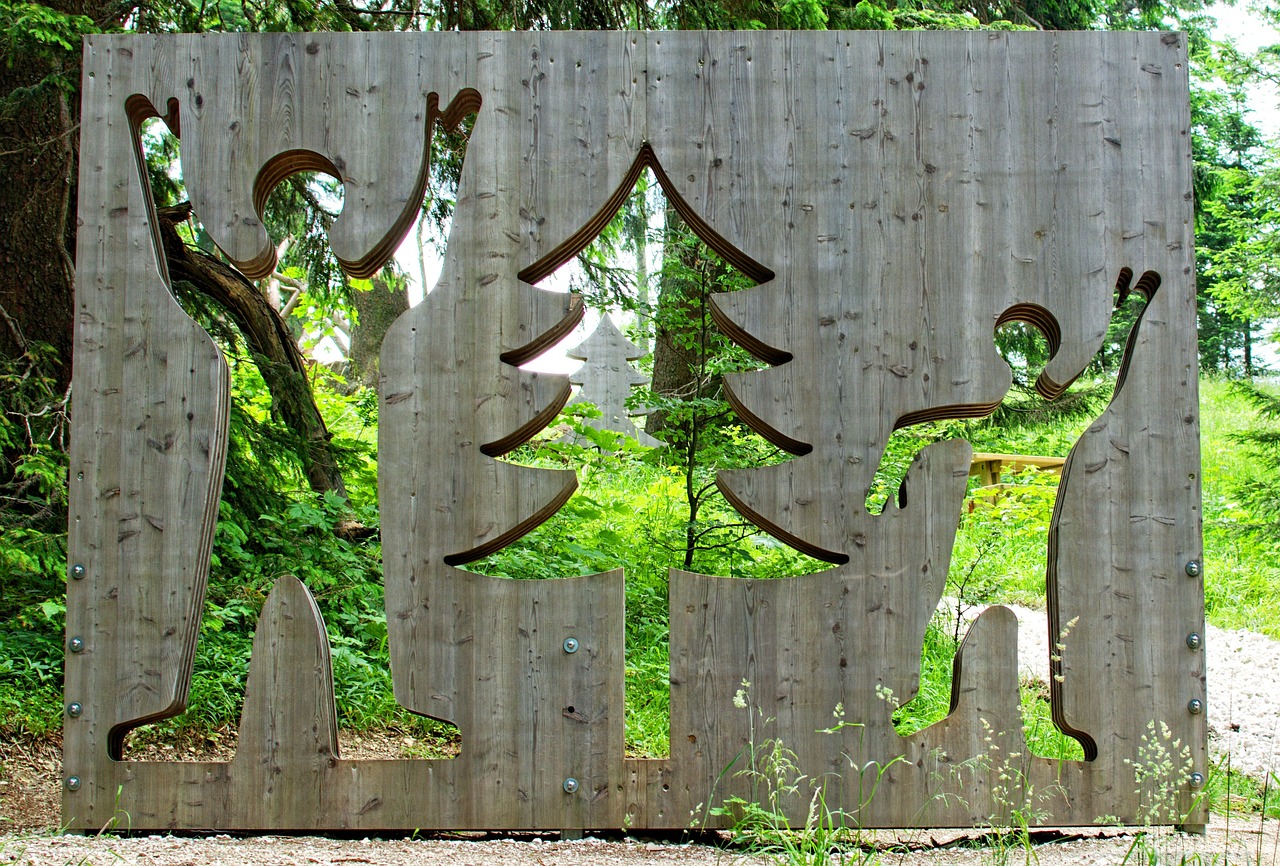
Benefits of Collaboration
Collaborating with communities in archaeological work offers a multitude of benefits that significantly impact research outcomes and community relations. One of the primary advantages of collaboration is the shared knowledge production that occurs when diverse perspectives come together to investigate and interpret archaeological findings. This shared approach not only enriches the research process but also leads to more comprehensive and nuanced understandings of the past.
Furthermore, collaboration enhances the relevance of research by ensuring that it addresses the needs and interests of the community involved. By actively involving community members in decision-making processes and research design, archaeologists can tailor their investigations to align with local priorities, ultimately increasing the research's impact and significance.
Another key benefit of collaboration is the improved protection of archaeological sites and cultural heritage. When communities are engaged in the preservation and management of heritage resources, they become invested in their conservation, leading to better site stewardship and long-term sustainability.
Moreover, collaborative approaches foster enhanced public engagement with archaeology by making the research process more accessible and transparent. By sharing findings, involving the community in excavation or analysis activities, and organizing public events, archaeologists can generate broader interest and appreciation for the discipline.
Additionally, collaboration empowers marginalized groups within communities by providing them with a platform to contribute their knowledge and perspectives to archaeological research. This inclusivity not only diversifies narratives but also promotes social equity and representation within the field of archaeology.
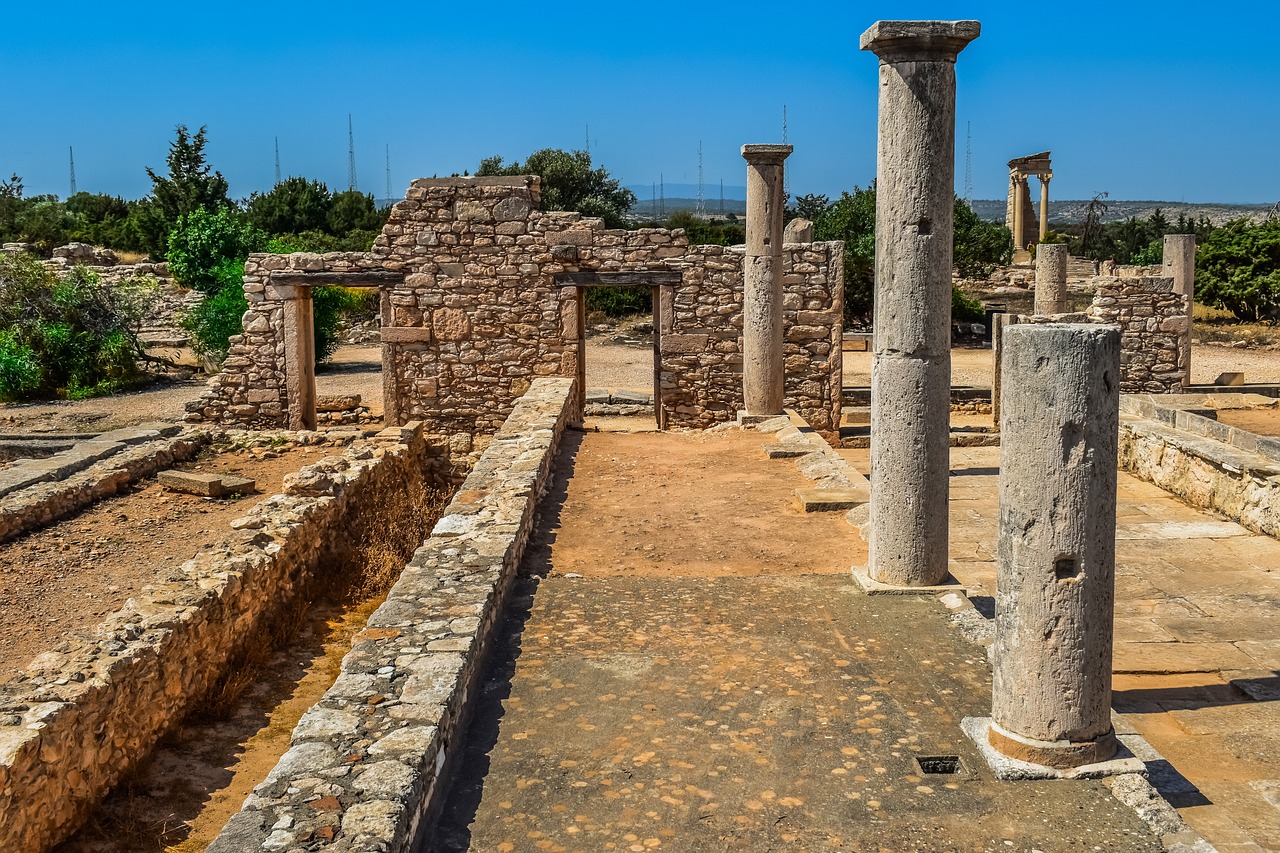
Challenges Faced
Community involvement in archaeology fosters a sense of ownership, promotes cultural heritage preservation, and enhances public understanding. It also brings diverse perspectives to archaeological research and contributes to more inclusive narratives.
Engaging with communities in archaeological work presents various challenges that must be navigated to ensure successful collaboration. One significant challenge is the presence of power imbalances between archaeologists and community members, which can impact decision-making processes and the distribution of benefits. Additionally, conflicting interests may arise, leading to tensions and disagreements that need to be addressed through open communication and mutual respect.
Another challenge is the often limited resources available for community engagement initiatives, which can hinder the implementation of comprehensive projects and the sustainability of partnerships. Balancing differing perspectives on heritage can also be challenging, as community values and academic interpretations may not always align, requiring sensitivity and compromise to reach common ground.
Moreover, there is a risk of potential negative impacts on local communities stemming from archaeological activities, such as disrupting livelihoods, altering cultural practices, or causing environmental damage. Mitigating these risks and ensuring that community interests are prioritized are essential considerations in fostering positive and mutually beneficial relationships.
Addressing these challenges requires a proactive approach that involves transparent communication, active listening, and a commitment to equitable collaboration. By acknowledging and working through these obstacles, archaeologists can build stronger partnerships with communities and achieve more meaningful outcomes in their research endeavors.
Q: How can archaeologists overcome power imbalances when engaging with communities?
A: To address power imbalances, archaeologists should prioritize inclusive decision-making processes, actively involve community members in project planning and implementation, and ensure that benefits are equitably shared among all stakeholders.
Q: What ethical considerations should archaeologists keep in mind during community engagement?
A: Archaeologists should uphold principles of consent, confidentiality, intellectual property rights, respectful representation of community perspectives, and fair benefit distribution. Respecting these ethical guidelines is crucial for conducting responsible and respectful archaeological work.
Q: How can community feedback be incorporated into archaeological research design?
A: Community feedback can be integrated into research design by soliciting input from community members on research questions, methodologies, and interpretation of findings. By valuing and incorporating community perspectives, archaeologists can ensure that their work is relevant and meaningful to local communities.

Ethical Considerations
Community involvement in archaeology is crucial for fostering a sense of ownership, promoting cultural heritage preservation, and enhancing public understanding. It brings diverse perspectives to archaeological research, contributing to more inclusive narratives.
Engaging with communities in archaeology is not just about excavating artifacts; it's about building relationships and sharing knowledge. When local communities are involved in archaeological projects, they develop a sense of pride and connection to their heritage. This involvement fosters a collaborative approach that values the insights and contributions of community members. By working together, archaeologists and communities can uncover hidden stories, preserve cultural traditions, and create a more comprehensive understanding of the past.
Archaeologists employ various methods to involve communities in their work. Public outreach events, such as workshops and lectures, provide opportunities for community members to learn about ongoing research and contribute their knowledge. Participatory research projects allow community members to actively participate in fieldwork, analysis, and interpretation. Collaborative decision-making processes ensure that community voices are heard and respected throughout the project. Digital platforms, like online forums and virtual tours, enable broader participation and engagement with archaeological findings.
Collaborating with communities brings numerous benefits to archaeological work. It leads to the co-production of knowledge, where both archaeologists and community members contribute their expertise. This shared approach enhances the relevance and impact of research outcomes. By working together, sites are better protected, public engagement is increased, and marginalized groups are empowered. Ultimately, collaboration fosters a more inclusive and meaningful interpretation of the past.
Despite the benefits of community engagement, challenges can arise in the process. Power imbalances, conflicting interests, and limited resources can hinder effective collaboration. Differing perspectives on heritage, as well as potential negative impacts on local communities, must be carefully navigated. Addressing these challenges requires open communication, mutual respect, and a commitment to equitable partnerships.
When engaging with communities in archaeological work, ethical considerations play a critical role in ensuring responsible and respectful practices. Issues such as consent, confidentiality, and intellectual property rights must be carefully managed to protect the interests of all involved parties. Representing community perspectives accurately and distributing benefits fairly are essential ethical considerations. Adhering to ethical guidelines not only upholds the integrity of archaeological research but also fosters trust and mutual respect within the community.
Exploring case studies of successful community engagement projects in archaeology provides valuable insights into effective practices and transformative outcomes. These examples highlight the importance of building strong relationships with communities, listening to their perspectives, and incorporating their knowledge into research processes. By showcasing the positive impact of collaboration, case studies inspire future projects to prioritize community engagement as a fundamental aspect of archaeological work.
The future of community engagement in archaeology is shaped by emerging trends that emphasize decolonization, digital technologies, and participatory methodologies. Integrating community perspectives into academic discourse and research practices is becoming increasingly important. By embracing these trends, archaeologists can create more inclusive and equitable partnerships with communities, leading to richer research outcomes and a deeper understanding of the past.
Community engagement has a profound impact on archaeological research outcomes by enriching data interpretation, expanding research questions, and promoting heritage conservation. Community-led initiatives contribute to the preservation and celebration of cultural heritage, ensuring that diverse voices are represented in archaeological narratives. The collaborative nature of community engagement enhances the quality, relevance, and sustainability of archaeological research.
To enhance community engagement in archaeological work, it is essential to prioritize building trust, valuing local knowledge, and fostering reciprocal relationships. Providing training opportunities for community members and incorporating their feedback into research design are key strategies for effective engagement. By following these recommendations, archaeologists can establish meaningful and sustainable partnerships with communities, leading to more impactful research outcomes.
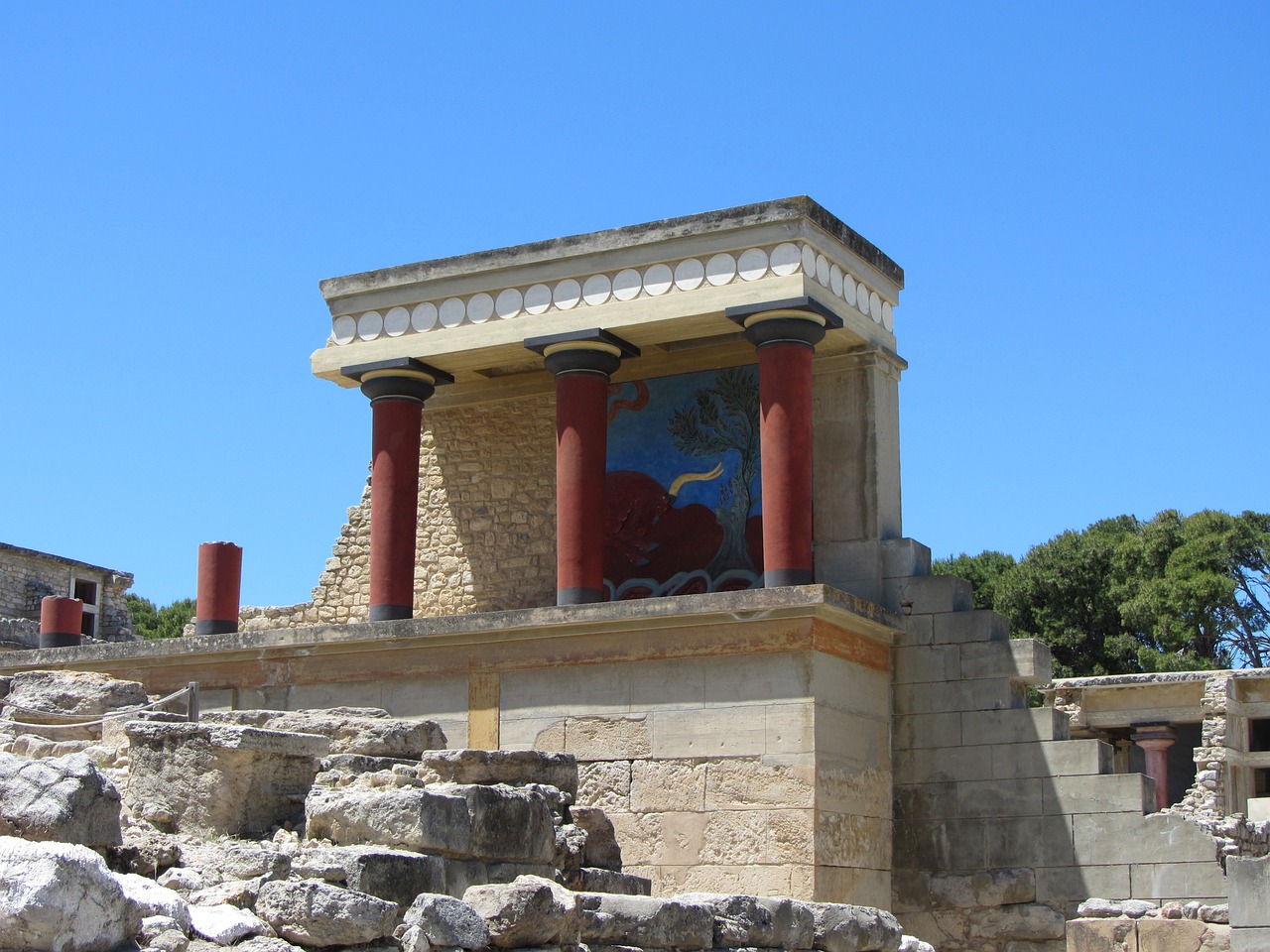
Case Studies
Exploring case studies of successful community engagement projects in archaeology offers valuable insights into the dynamics of collaborative work and its impact on research outcomes. One notable case study is the excavation of a prehistoric site in collaboration with the local community in South America. By involving community members in the excavation process, from initial planning to interpretation of findings, the project not only uncovered significant artifacts but also fostered a sense of shared ownership and cultural pride among the participants.
Another compelling case study is the restoration of a historical site in Europe through a partnership with descendants of the site's original inhabitants. This collaborative effort not only preserved the site's heritage but also provided a platform for intergenerational knowledge sharing and reconciliation. The project highlighted the importance of acknowledging and respecting diverse perspectives in archaeological endeavors.
Furthermore, a community-led research initiative in Africa stands out as a successful model of participatory archaeology. By empowering local communities to lead research projects on their ancestral lands, the initiative not only generated new insights into the region's history but also empowered marginalized groups to reclaim their cultural heritage. The project exemplified the transformative potential of community-driven archaeological research.

Future Trends
As archaeology continues to evolve, several future trends are shaping the way communities engage with archaeological work. One prominent trend is the increasing emphasis on decolonization, which involves challenging traditional narratives and power structures in archaeology to create more equitable research partnerships. This shift towards decolonization aims to address historical injustices and promote the inclusion of diverse voices in archaeological interpretations.
Another significant trend is the integration of digital technologies for outreach and engagement. Digital platforms offer new opportunities for sharing archaeological findings with the public, facilitating virtual tours of sites, and enabling interactive learning experiences. By harnessing the power of digital tools, archaeologists can reach broader audiences and make archaeological knowledge more accessible and engaging.
Additionally, participatory research methodologies are gaining popularity in archaeological practice. These methodologies involve actively involving community members in the research process, from defining research questions to interpreting findings. By collaborating with communities in meaningful ways, archaeologists can co-create knowledge, foster mutual learning, and empower local stakeholders to take ownership of their heritage.
Moreover, the integration of community perspectives into academic discourse is becoming increasingly important. Recognizing the value of local knowledge and lived experiences, archaeologists are seeking to incorporate community voices into research design, analysis, and dissemination. This inclusive approach not only enriches archaeological interpretations but also promotes a more equitable sharing of authority in archaeological practice.
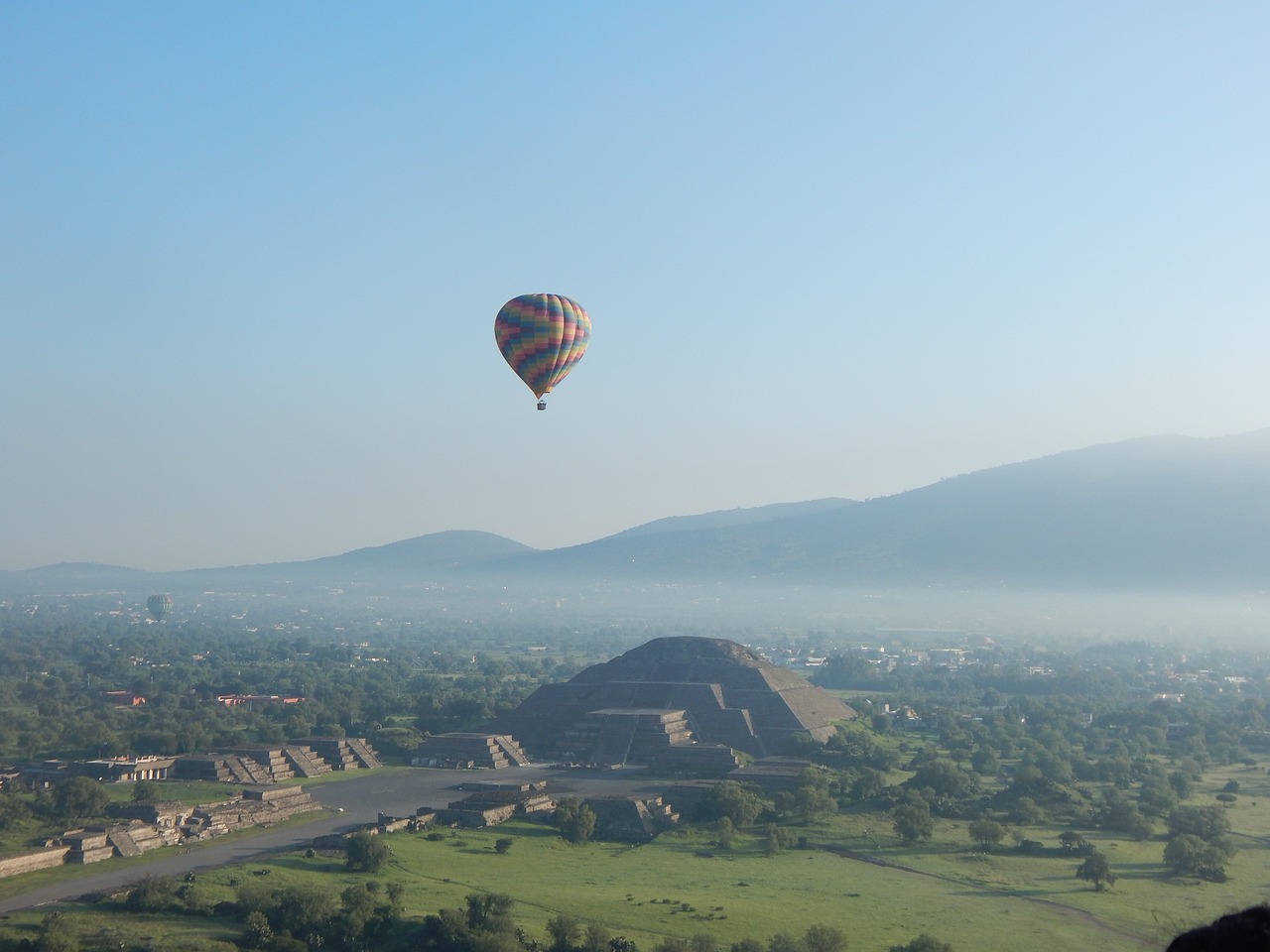
Impact on Research Outcomes
Community engagement in archaeology plays a pivotal role in shaping research outcomes. By involving communities in the archaeological process, researchers can enrich data interpretation, expand research questions, and foster community-led initiatives. This collaborative approach not only promotes heritage conservation but also ensures that research outcomes are more relevant and impactful.
One significant impact of community engagement on research outcomes is the enrichment of data interpretation. When community members are actively involved in archaeological projects, they bring unique perspectives, local knowledge, and personal experiences that can provide valuable insights into interpreting archaeological findings. This collaborative effort results in a more comprehensive understanding of the past and helps researchers uncover hidden stories that may have been overlooked without community input.
Furthermore, community engagement in archaeology contributes to expanding research questions. By involving diverse community stakeholders in the research process, researchers can explore new avenues of inquiry, address previously unexplored topics, and incorporate community priorities into research agendas. This inclusive approach not only broadens the scope of archaeological investigations but also ensures that research questions are relevant and meaningful to the communities involved.
Another way in which community engagement impacts research outcomes is through the promotion of community-led initiatives. Empowering local communities to take an active role in archaeological projects fosters a sense of ownership, pride, and responsibility for cultural heritage preservation. Community-led initiatives often result in sustainable conservation efforts, increased public awareness, and the long-term protection of archaeological sites, contributing to the overall success of research outcomes.
In addition, community engagement in archaeology plays a crucial role in promoting heritage conservation. By involving communities in decision-making processes regarding heritage management, researchers can ensure that conservation efforts align with community values, priorities, and needs. This collaborative approach not only enhances the preservation of cultural heritage but also fosters a sense of stewardship and shared responsibility for protecting archaeological sites for future generations.
Overall, the impact of community engagement on research outcomes in archaeology is profound. By embracing collaborative approaches, researchers can enrich data interpretation, expand research questions, empower communities, and promote heritage conservation, leading to more relevant, inclusive, and impactful archaeological research.
- What is the role of community engagement in archaeology?
- How can researchers benefit from community involvement?
- What are some challenges faced in community engagement?
- How can effective community engagement practices be implemented?
Community engagement in archaeology plays a crucial role in enriching data interpretation, expanding research questions, fostering community-led initiatives, and promoting heritage conservation.
Researchers can benefit from community involvement by gaining diverse perspectives, local knowledge, and unique insights that enhance the quality and relevance of archaeological research outcomes.
Challenges in community engagement include power imbalances, conflicting interests, limited resources, differing perspectives on heritage, and potential negative impacts on local communities.
Effective community engagement practices can be implemented by building trust with communities, prioritizing local knowledge, fostering reciprocal relationships, providing training opportunities, and incorporating community feedback into research design and dissemination strategies.
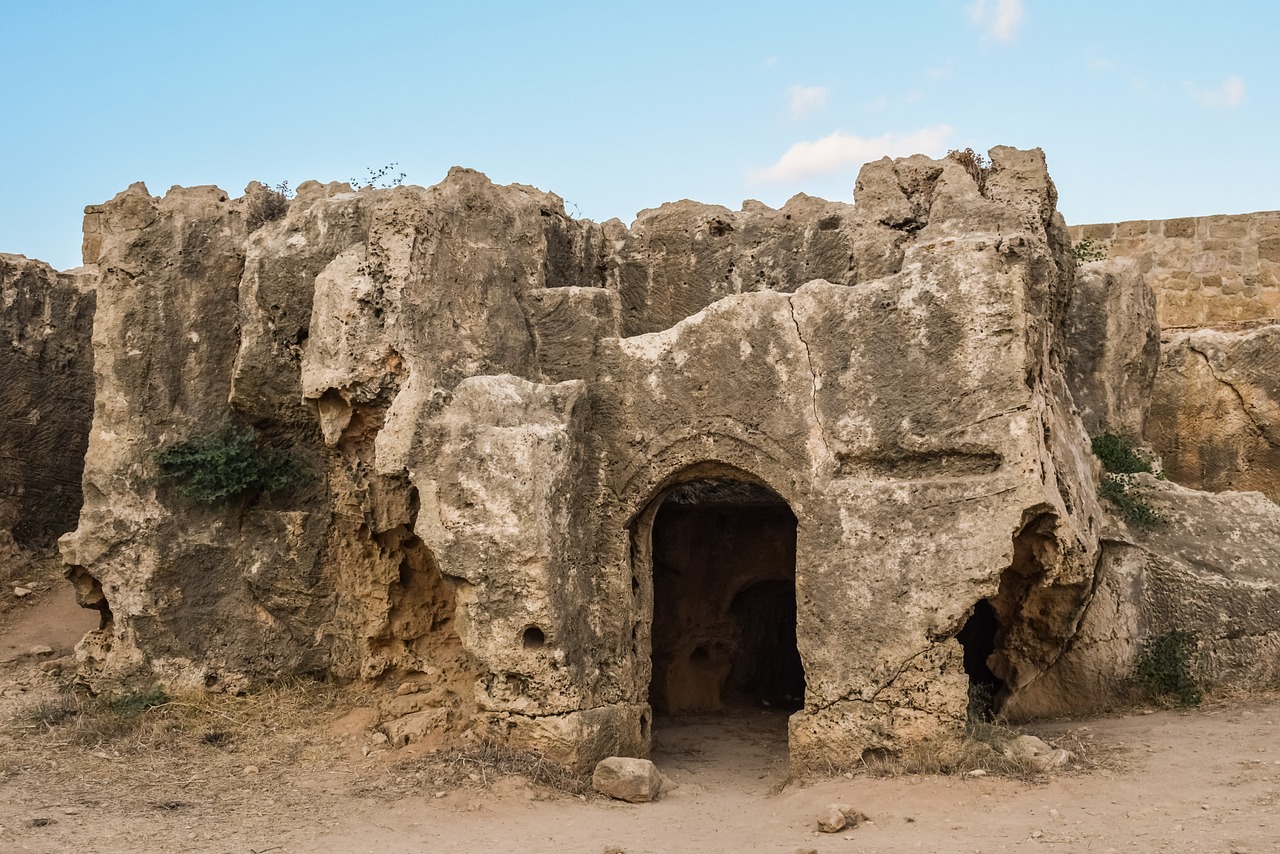
Recommendations for Effective Community Engagement
Effective community engagement in archaeological work is vital for fostering meaningful partnerships and ensuring the success of collaborative projects. To enhance community involvement and promote sustainable relationships, several recommendations can be implemented:
Building trust with communities is essential for establishing a positive and respectful working relationship. Open communication, transparency, and active listening are key components in building trust and fostering mutual understanding.
It is crucial to prioritize local knowledge and expertise in archaeological research. Valuing the insights and perspectives of community members enhances the authenticity and relevance of the research outcomes.
Fostering reciprocal relationships involves creating opportunities for knowledge exchange and collaboration. By acknowledging the contributions of community partners and sharing expertise, a sense of shared ownership and mutual benefit can be cultivated.
Providing training opportunities for community members can empower individuals to actively participate in archaeological projects. Offering workshops, skill-building sessions, and educational resources can enhance the capacity of community members to engage meaningfully in research activities.
Incorporating community feedback into research design and dissemination strategies is essential for ensuring that the interests and priorities of community partners are reflected in the project outcomes. By actively involving communities in decision-making processes, the research becomes more inclusive and responsive to community needs.
By implementing these recommendations for effective community engagement, archaeologists can establish collaborative relationships that are built on trust, mutual respect, and shared goals. These practices contribute to the creation of more meaningful and sustainable partnerships that benefit both the archaeological research and the communities involved.
Frequently Asked Questions
- What is the significance of community involvement in archaeology?
Community involvement in archaeology is crucial as it fosters a sense of ownership, promotes cultural heritage preservation, and enhances public understanding. By engaging with communities, archaeologists can access diverse perspectives that contribute to more inclusive narratives and enrich the research process.
- What are some common methods used to engage communities in archaeological work?
Various methods such as public outreach events, participatory research projects, collaborative decision-making processes, and digital platforms are employed to involve communities in archaeological work. These methods aim to ensure that community members are active participants throughout the research process, fostering meaningful collaboration.
- What are the benefits of collaborating with communities in archaeology?
Collaborating with communities leads to shared knowledge production, increased research relevance, improved site protection, enhanced public engagement, and the empowerment of marginalized groups. These benefits result in more holistic and impactful archaeological outcomes that reflect the diverse perspectives and contributions of the community.








